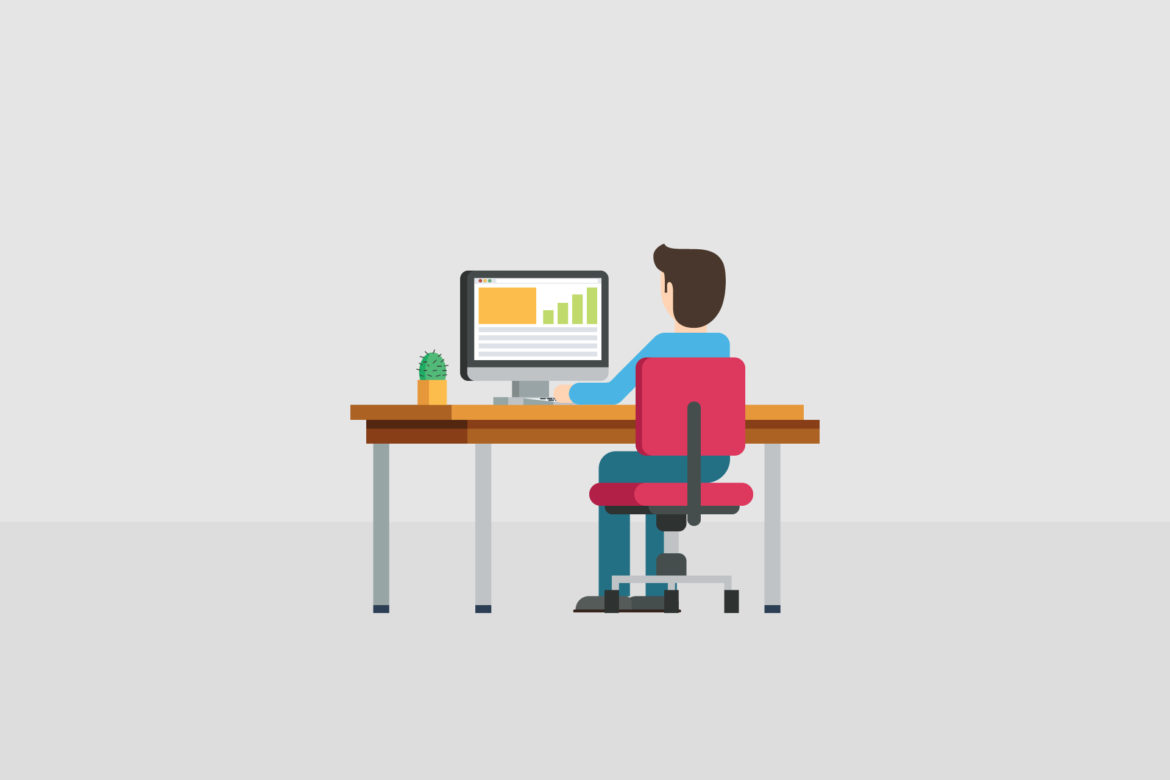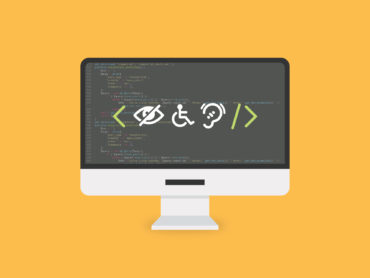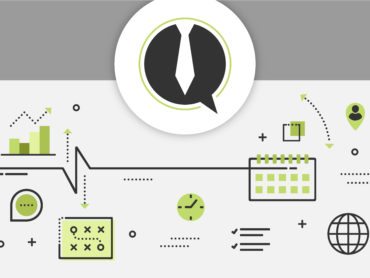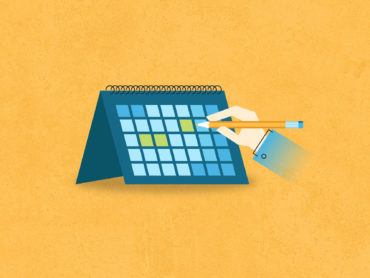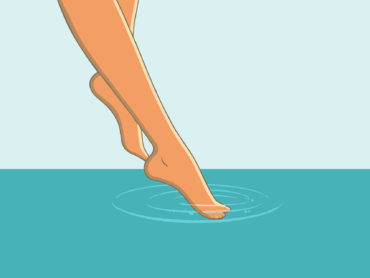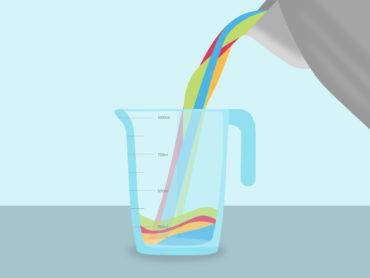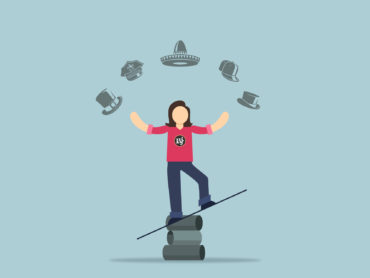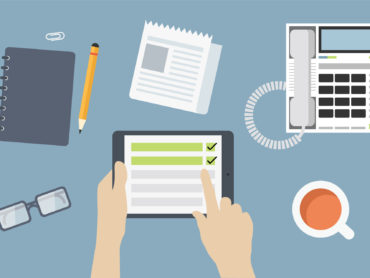Sitting is the New Smoking
How the Pomodoro Technique can keep you focused, productive, and healthy
I recently attended WordCamp NYC 2017, a conference covering everything related to WordPress where I was inspired by a powerful talk entitled “Get Rich, but Don’t Die Tryin’”, by Kevin Langley Jr. Over the course of an hour, Kevin shared his journey as a WordPress Engineer, which almost came to an end in 2015 when he had a stroke at the age of 27. Until that point, Kevin was living an unsustainable lifestyle which regularly included 12-14 hour workdays days, 4 hours of sleep at night, a diet consisting mostly of coffee and snack food, and little to no exercise. Needless to say his mental and physical health paid the price, and it almost cost him his life. What scared me is how much I could relate to this pre-stroke lifestyle. What’s more, based on the energy of the room and of those around me, I could tell I wasn’t alone. In his talk, Kevin outlined a number of ways he addressed the issues of former lifestyle which led to the stroke, but I’m going to look at them one at a time spanning three blog posts, beginning with physical and mental health.
Sitting is the new smoking.
While that may sound ridiculous, it may not be as crazy as you think. According to Dr. Joanne Foody, who directs the Cardiovascular Wellness Center at Harvard-affiliated Brigham and Women’s Hospital, the health hazards of not moving enough throughout the day are wide ranging. “While we often think of the dangers of inactivity in terms of worsening cardiovascular health, there are a myriad of negative effects.” A recent study published in the medical journal ‘Annals of Internal Medicine’ documented higher rates of type 2 diabetes, cancer, and cancer-related deaths in overly sedentary people. As a developer, I spend about 8-10 hours/day at my computer coding. Adding my daily commute of approximately 2 hours/day), I think it’s safe to say I fall into the high risk category, and that many of you do as well.
So what can we do about it? The authors of the articles mentioned about recommend standing or moving around for one to three minutes every half hour while you’re at work. Taking breaks in this way may sound like it will negatively affect your productivity, but most evidence actually points in the other direction, suggesting these kind of work habits actually increase focus, health, and productivity.
Perhaps the most well-known technique designed around this principal is called the Pomodoro Technique, which was developed to fight procrastination and maintain focus and productivity throughout the day. These days, the Pomodoro technique has become quite popular among medical students as it enables them to remain focused and to study for extended periods of time by slowing the onset of fatigue and burnout.
What is the Pomodoro Technique?
First I want to cover a little bit of the history. The Pomodoro Technique was invented back in the early 1990s by Francesco Cirillo. He named it the Pomodoro Technique after the tomato shaped timer that he used to actually track his work as a university student. Since then his technique has gained much popularity among students, as well as various productivity and self-improvement circles. The theory behind it is that any large task or any series of tasks can be broken down into short timed intervals (Pomodoros) and the Pomodoros are separated by a short break. The best part is, this is precisely the routine recommend to combat the health risks posed by sitting in front of a computer for 12 hours a day.
How It Works
To begin, choose a task or series of tasks that you need to accomplish. Next set a timer to 25 minutes. Continue to work on the task until the timer goes off. Avoid constantly checking the timer. Once the timer goes off take a short break for five minutes. Get up during this time do not take the break at the same spot that you were working. I personally like going outside and doing a lap around the building or if the weather isn’t great I will climb the stairs to the third floor on my building, then down to the first floor, and then back up to the second floor where I work. This is also a good opportunity to use the bathroom or grab a drink. After four Pomodoro cycles, take a longer break of 20 minutes, then rinse and repeat.
For more on the Pomodoro technique, including tips on how to deal with distractions, follow me on Twitter and sign up for our newsletter (below), and be sure to check out my next blog post coming soon!

